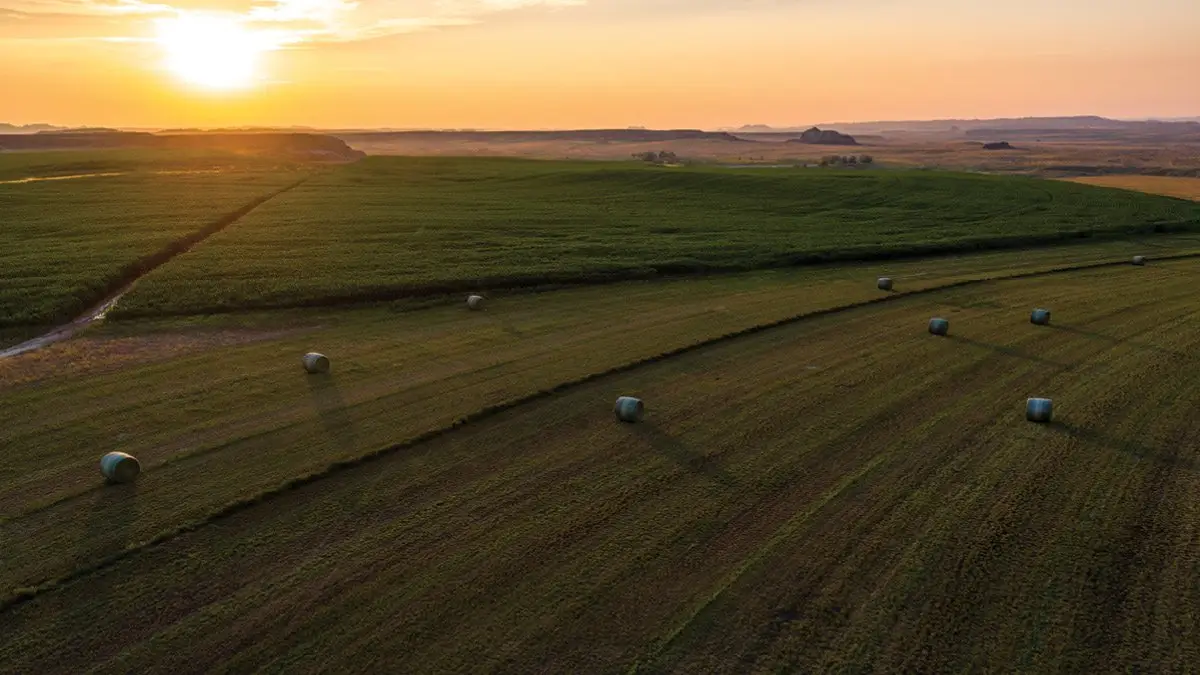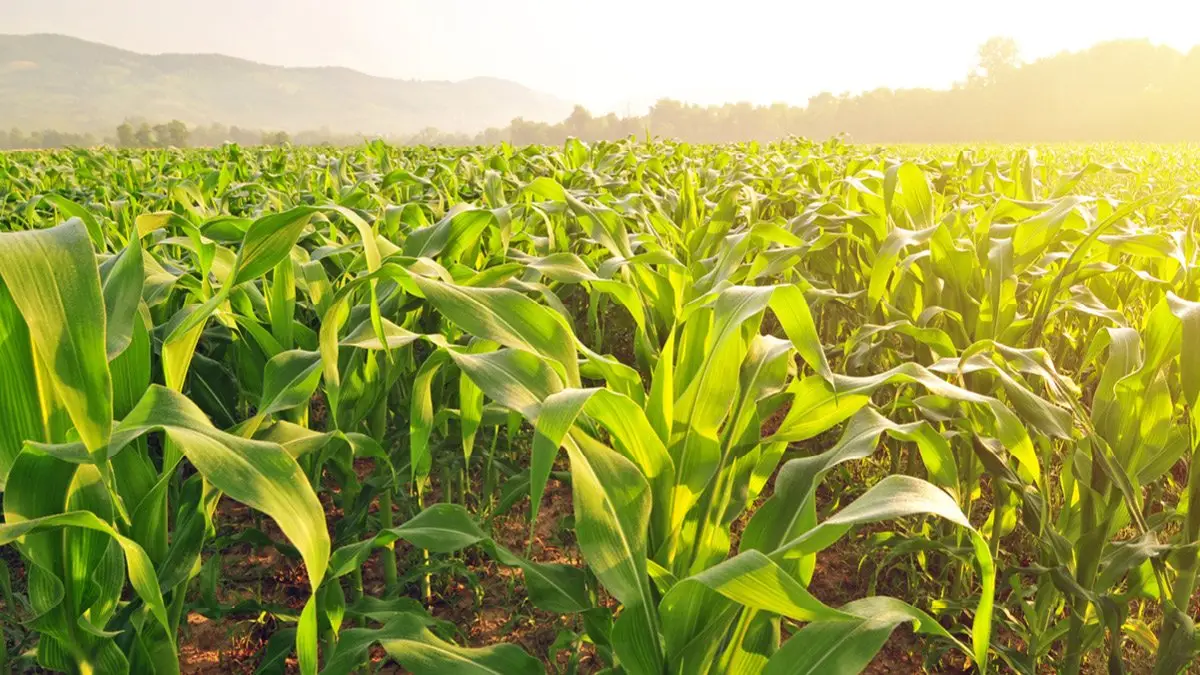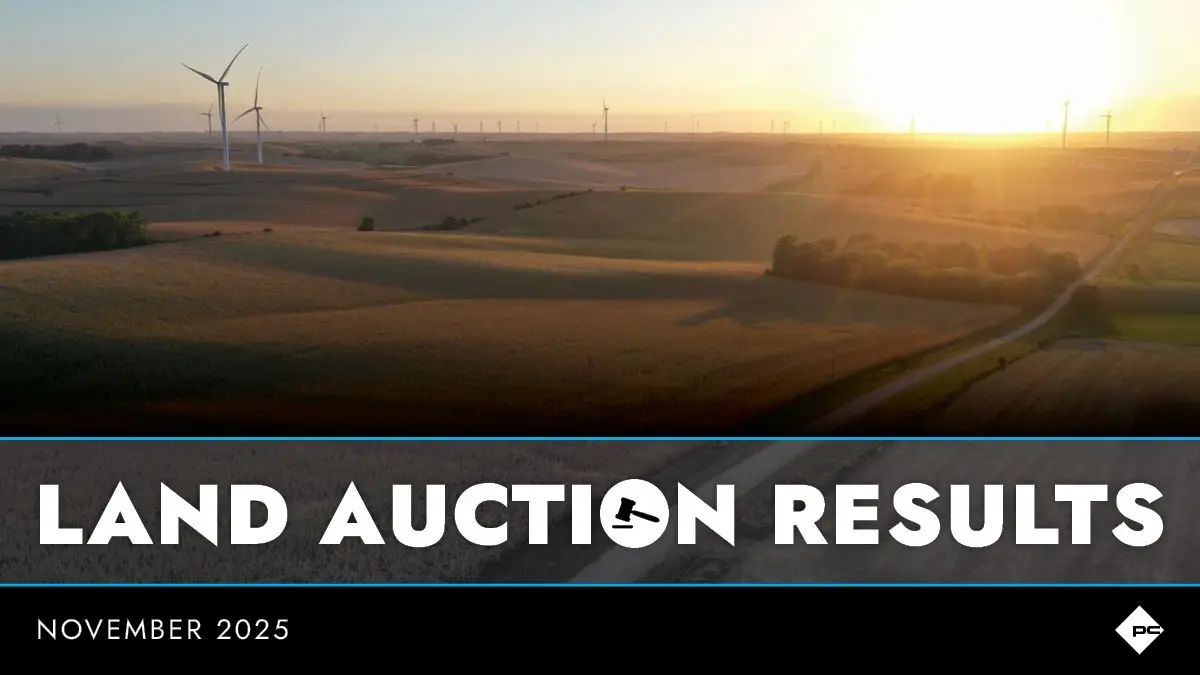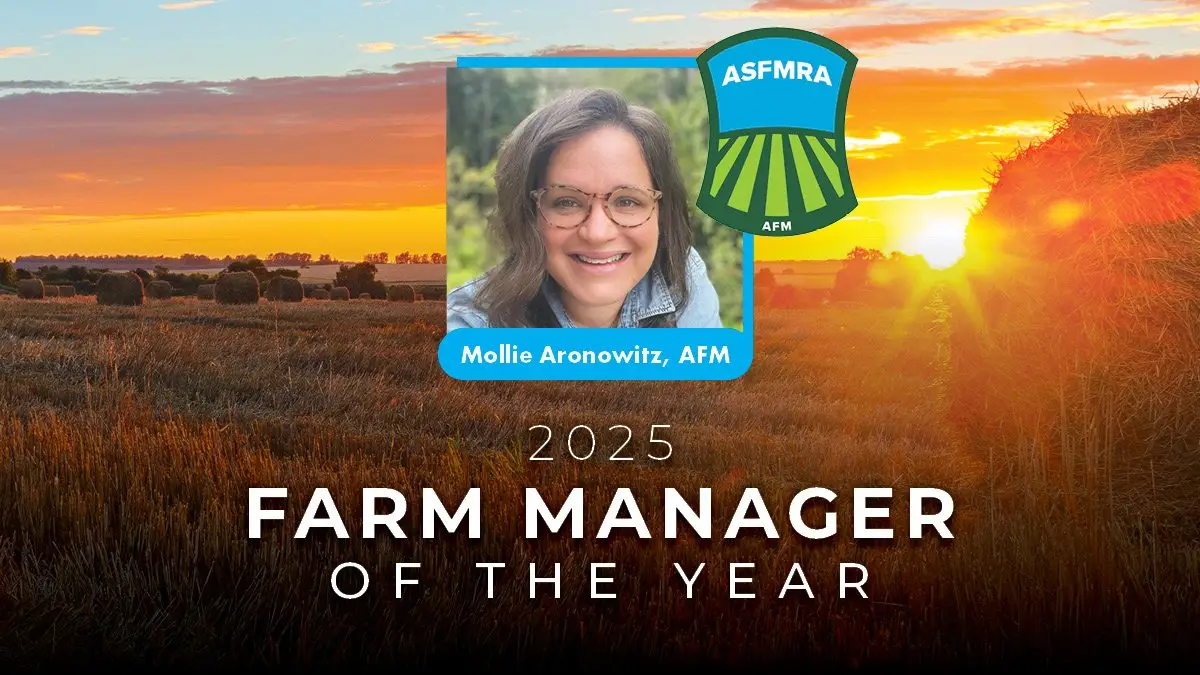Startup Enko Chem wants to use A.I. to develop new crop protection products.GETTY IMAGES
Colorado land board won’t bid on Occidental’s massive land, mineral rights sale
Colorado’s state manager of land and mineral rights won’t be bidding to buy northern Colorado property being sold by oil company Occidental Petroleum Corp. in a giant sale of millions of acres.
The Houston-based oil company, which is the biggest oil and gas producer in Colorado, is accepting offers for nearly 7 million acres of land and mineral rights in Colorado, Wyoming and Utah as part of raising $2 billion in assets sales this year.
The lion’s share of the property — originally part of the 1862 federal land grant to the Union Pacific Railroad — is in Wyoming, where Occidental is that state’s largest private landowner. Read More
Foreign ownership of Australian land and water: 2019 statistics
The amount of Australian agricultural land in foreign ownership remained almost flat in 2018-19, with a decrease in total agricultural land helping to offset a fall in land owned by overseas interests.
There was a 0.9 percent reduction in land owned by foreign interests at June 30, 2019, from a year earlier, although the amount of land owned as a percentage of total land increased slightly, from 13.4 to 13.8 percent. The figures come from the latest edition of the Register of Foreign Ownership of Australian Agricultural Land published by the foreign Investment Review Board. Read More
How High Tech Is Transforming One of the Oldest Jobs: Farming
Of all the out-of-the-box products a Silicon Valley tech start-up could offer, Bear Flag Robotics may be delivering the most unexpected: plowed fields.
The company is developing autonomous tractors, a goal that equipment companies like Case IH, John Deere and Kubota are chasing as well. But the business model of Bear Flag, based in Sunnyvale, Calif., has a twist — it does not build the tractors. Instead, it adapts the sensors and actuators needed for driverless plowing to existing tractors produced by major manufacturers.
That step is not as sci-fi as it might seem. From equipment automation to data collection and analysis, the digital evolution of agriculture is already a fact of life on farms across the United States. Read More
Peoples expands into Mississippi Delta region ‘where institutional capital plays’
Peoples Company expanded into a Mississippi Delta region that its president said attracts institutional investors due to its reliable access to water and potential for large-scale transactions.
“This is where a lot of institutional capital plays,” Peoples Company president Steve Bruere told Agri Investors soon after the firm hired Joel King to assume the newly-created position of Mississippi Delta regional broker manager in late May.
King will continue to be based in Jonesboro, Arkansas and joins Clive, Iowa-headquartered Peoples Company after serving as principal broker at family-owned King Real Estate. In his new position, King will oversee Peoples Company’s provision of farmland brokerage, management, appraisal and auction services in Alabama, Arkansas, Louisiana and Mississippi. Read More
How a Bill Gates-backed startup plans to save farming with A.I.
When you read about A.I. in this newsletter, you usually don't bat an eye. A.I. is "artificial intelligence," that decades-old discipline in the field of computer science that's (finally) showing some real promise lately.
But there's another A.I. out there, one that's been in development for centuries, or even millennia. It's the shorthand for the "active ingredient" in agricultural herbicides, fungicides, and insecticides.
Which, of course, begs the question: Can improving A.I. help improve A.I.? Or is that A.I. improving A.I.? You know what I mean.
That is, the global agriculture industry has been relying on a lot of the same active ingredients to fight pests and diseases for many decades now. And, just like with human diseases getting more resistant to antibiotics, the crop-destroying villains are getting more immune and harder to kill. Throw in the growing (and hungry) global population and the complications of climate change, and you've got a world-class challenge, one that's caught the attention of Bill and Melinda Gates lately. Read More
Beef Is Becoming a Luxury for Millions in Brazil
Living on the outskirts of Cuiaba, Carlos Ferreira is surrounded by cattle grazing on some of the richest pastures in Brazil. Yet he can no longer afford a steak.
The 34-year-old was a regular beef eater. But as the city locked down, he lost his jobs in a florist shop and as an Uber driver. Now he and his unemployed wife have to scrape by with help from the government and relatives.
“Before I lost my job, we could afford to eat steak almost every day,” the physical education graduate said. “Now we have enough for chicken, eggs and sometimes cheap fish.”
With farming land covering an area roughly the size of Texas, Brazil plays an increasingly important role in feeding the world. But as the country becomes a virus epicenter and more than a million formal jobs are lost, more Brazilians like Ferreira are struggling to put food on the table. The impact on consumption behavior may last for years. Read More







